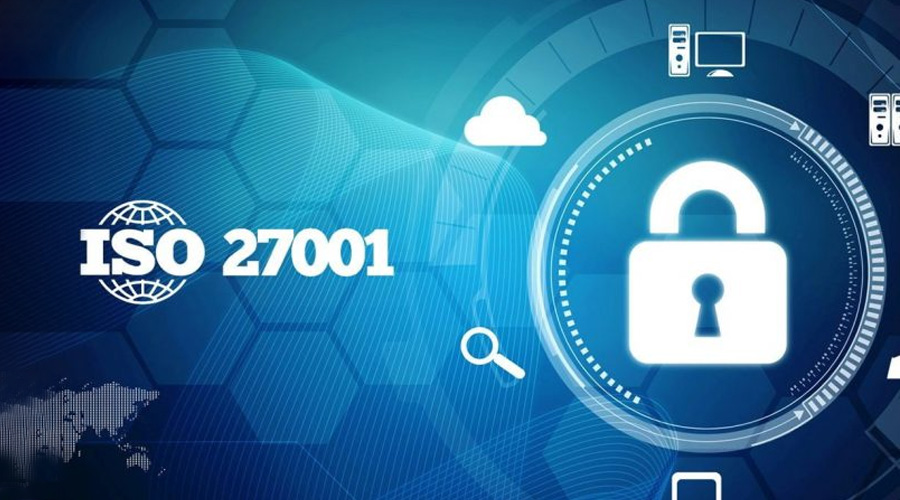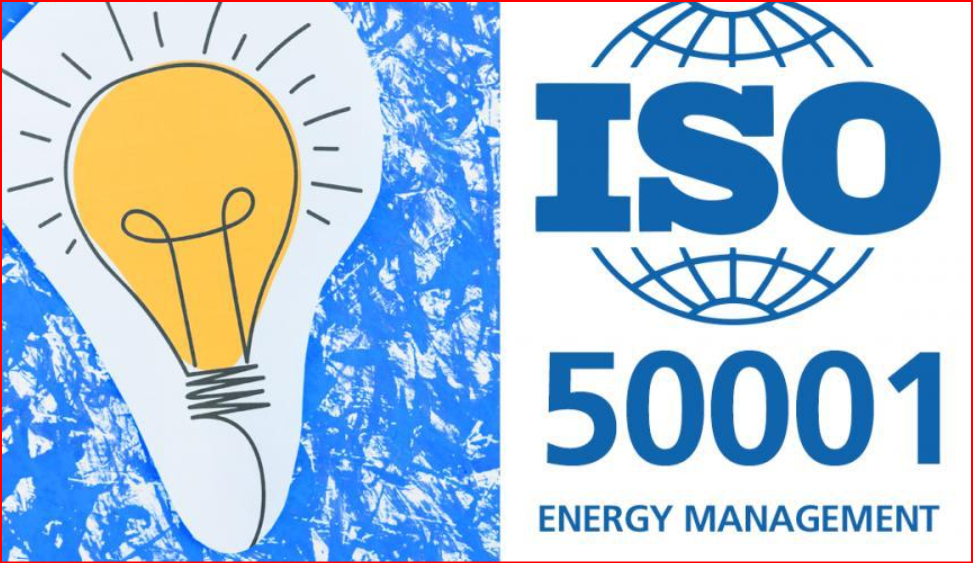Qatar ISO Consultant
ISO 27001 Information Security Management System
Home -> ISO 27001 Information Security Management System

What is ISO/IEC 27001:2022?
ISO/IEC 27001 stands as the globally recognized benchmark for Information Security Management Systems (ISMS). This standard lays out the essential requirements that an ISMS must fulfill.
Achieving compliance with ISO/IEC 27001 signifies that an organization has established a framework for managing risks associated with the security of data within its possession or control. This framework adheres to all the best practices and principles outlined in this International Standard.”
Key requirements of ISO/IEC 27001:2022 include:
- Information Security Policy: Establish and maintain an information security policy that is approved by top management and reflects the organization’s commitment to information security.
- Risk Assessment and Treatment: Conduct a systematic risk assessment to identify and assess information security risks and vulnerabilities. Implement measures to treat and mitigate these risks.
- Asset Management: Identify and classify information assets, ensuring that they are properly protected.
Security in human resources, physical and environmental, access control, operations and communications. - System Acquisition, Development, and Maintenance: Integrate security considerations into the system development lifecycle, including secure software development practices.
- Supplier Relationships: Manage and monitor information security in supplier relationships and contracts.
- Information Security Incident Management: Establish an incident management process to report, assess, and respond to security incidents and breaches.
- Business Continuity Management: Develop and maintain plans for business continuity and disaster recovery to ensure the availability of critical information and information processing facilities.

Benefits of ISO/IEC 20000-1 & ISO/IEC 27001
- Compatible with ITIL to support continual improvement.
- Develop IT services that are driven by and support business objectives.
- Demonstrate reliability and quality of your IT service management services.
- Increase potential business to organizations seeking to be IT service providers.
- Reduces risk of potential IT problem and lessen potential damage due to poor IT service.
 Docs
Docs  Support
Support 






